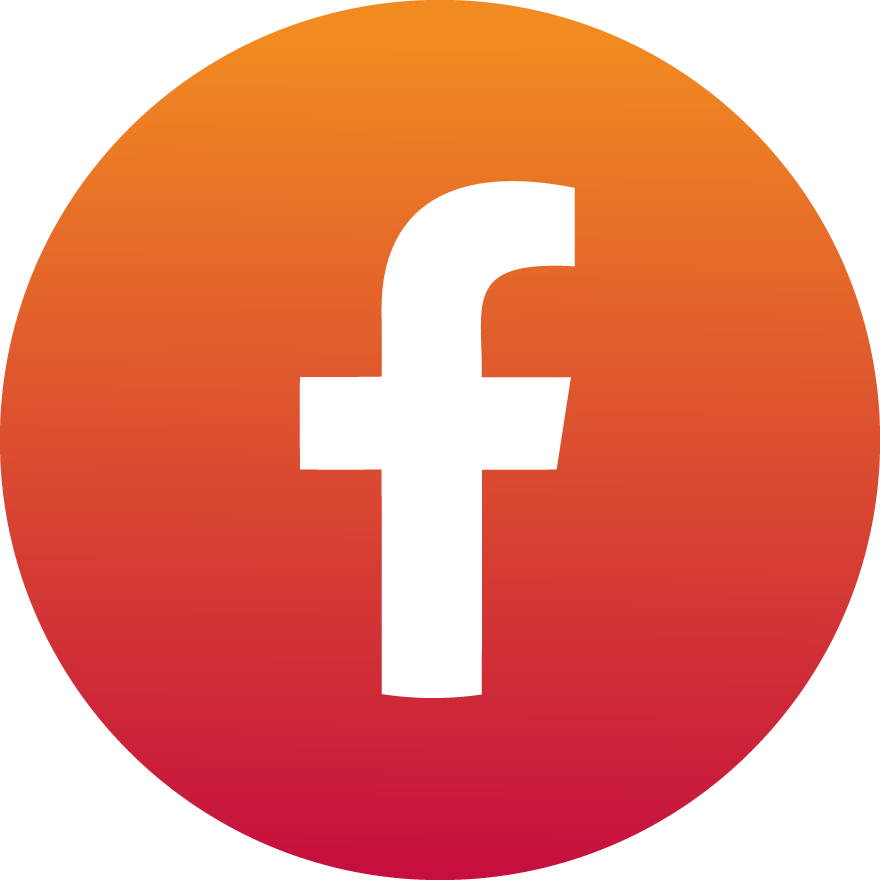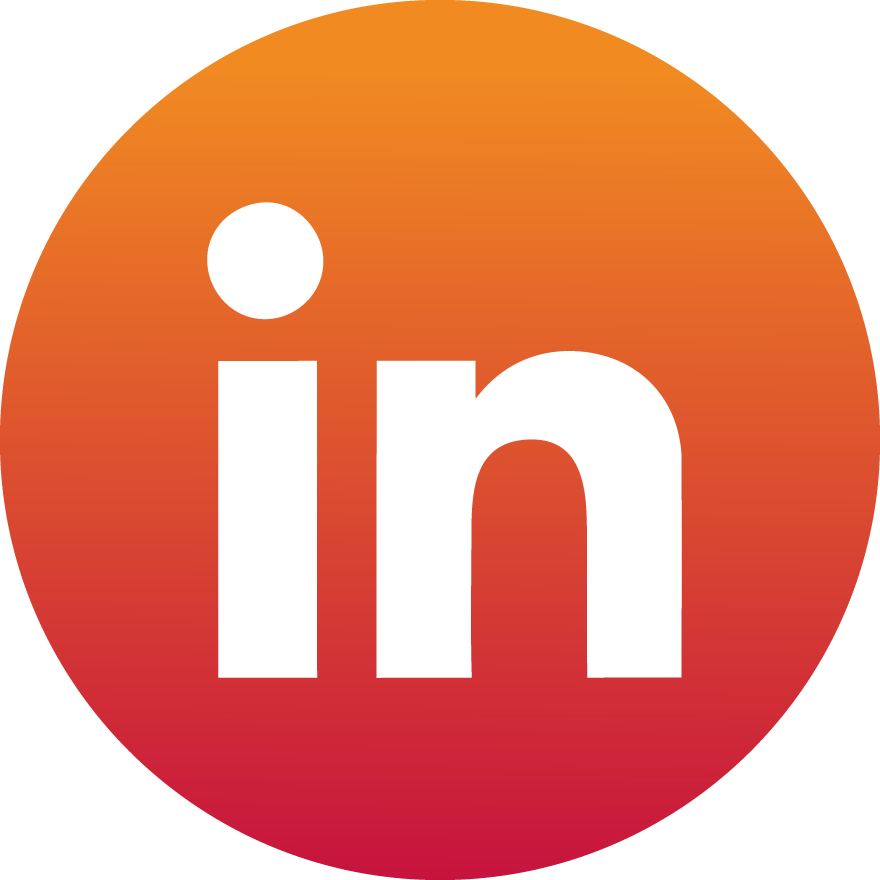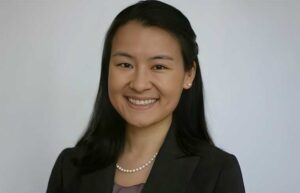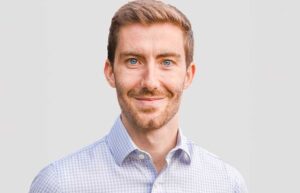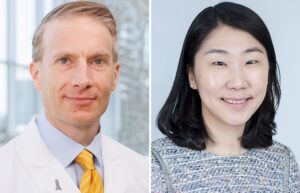Inspired by both the call to help people during their worst days and the excitement of the role, Daiyo Ito decided to make a major career shift nearly 7 years ago from a branch manager at a rental car agency to a firefighter with the Pasadena Fire Department.
Since then, Mr. Ito has responded to wildfire outbreaks across California, but things were different in January 2025 when the Los Angeles County Wildfires erupted across the region.
Mr. Ito’s mother, who is undergoing treatment for lung cancer at Cedars-Sinai Medical Center, lives in an area that was heavily affected by the devastating wildfires in January 2025. As we have heard from patients like Lynn Lieberman and oncologists like Karen Reckamp, MD, natural disasters can take a devastating toll on vulnerable populations, from disruptions in care to worsened health outcomes caused by exposure to smoke and poor air quality.
However, even in the absence of climate-related events, there are systemic obstacles that often confront patients and their families or caregivers. Mr. Ito shares the challenges he and his family faced in navigating care, insurance, and his mother’s health before and during the wildfires.
ILCN: How have you and your family supported each other before and throughout your mom’s diagnosis?
Mr. Ito: Both my parents are amazing and have always had my back. They pray for me daily and provide a safe place for me to hang back, make meals, etc. I’m blessed to have a tight-knit family. My sister and I have been able to take my mom to her treatments, as she doesn’t drive, and to spend time with her during the whole process.
ILCN: Was your mom undergoing or scheduled for any treatments that were disrupted by the wildfires?
Mr. Ito: We were actually at Cedars-Sinai for my mom’s immunotherapy treatment when the Palisades fire started. We could see the smoke column, and I wasn’t thinking, “Man, that could end up being a pretty big fire,” not knowing the magnitude of what was about to happen.
ILCN: Was there a moment when you realized her care would be impacted?
Mr. Ito: Her treatments weren’t directly affected by the fires, but her well-being was a concern due to the awful air quality and her lung cancer. My department recalled all personnel when the Eaton fire started. Driving into Pasadena/Altadena that night, the amount of smoke, dust, and ash was unreal. We were breathing ashy air for at least a week.
My mom lives right between the Eaton and Palisades fires. When daylight hit, I thought about my mom’s lung cancer and how we needed to figure something out for her regarding the air quality in her home.
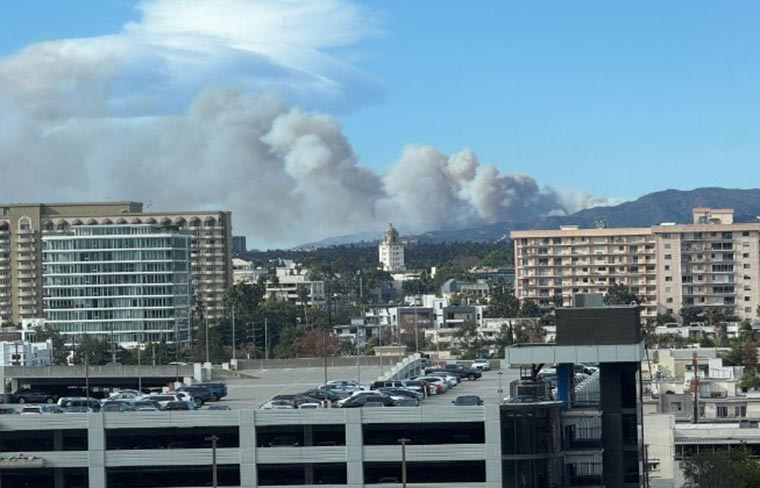
ILCN: What were the biggest obstacles in accessing care before or during the wildfires?
Mr. Ito: The first month after the incidental finding of the lung mass was frustrating. My mom was in the ER for something unrelated when the mass was found. We had issues with questionable medication administration that led to delays in getting her biopsy while she was an inpatient.
The obstacles came once she was discharged. While inpatient, procedures and diagnostics come easily. Once she was an outpatient, appointments and lines were very long.
At the HMO level, the push for urgency fell on deaf ears. The list of oncologists you can choose from is limited, and I’m sure most people take who they’re assigned to.
The process of finding a good oncologist, figuring out the referral system, and the limitations of the HMO insurance were frustrating. My wife and my sister made more than 100 phone calls each to get multiple opinions to find the best care for my mom.
My wife, who is a physician herself, had a difficult time navigating the HMO referral system. She ultimately had to reach out to her personal network of physician colleagues to get my mom into Cedars-Sinai.
Without their hard work, there is zero chance that we would have been able to get the right care. Being a part of this process makes me wonder how many patients fall through the cracks and get mediocre care.
ILCN: Looking back, what could have made the situation easier?
Mr. Ito: If she was able to get all the diagnostics while she was inpatient after finding the lung mass during her ER visit. Hospitals push for a discharge, but getting everything done takes a very long time once discharged.
ILCN: How did you personally manage the weight of fighting the fires while also dealing with uncertainty about your mom’s care and health?
Mr. Ito: The stress for me doesn’t come from fighting fires. It comes from making sure my family is taken care of while I’m gone. I’m blessed to have a strong family network that can step in and help when I am unable to. If I didn’t have that, I do not know what I would do.
ILCN: After going through this experience, what advice would you give to someone who might find themselves or their loved one in a similar situation?
Mr. Ito: As far as emergency preparedness goes, be prepared and have a plan. Make sure your essentials and documents are easily accessible, always have at least a half a tank of fuel in your vehicle and know a few paths of egress from your home and local area in case roads get shut down.
In terms of a loved one getting sick, I would suggest having the difficult conversations early on, so you have a general idea on how to go about treatment.
ILCN: How are you and your family doing now?
Mr. Ito: My mom is still chugging along. Her treatment has given her some unusual side effects that affect her eyes. Other than that, it’s been a year since her diagnosis, and she has been responding well to her treatment.


